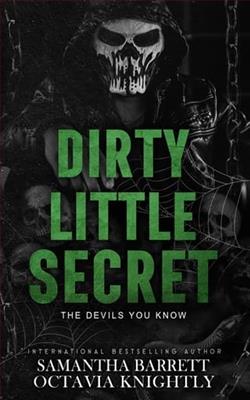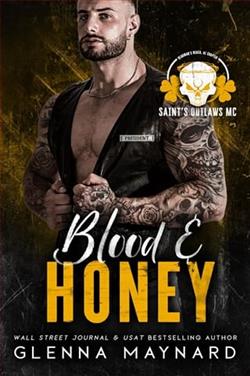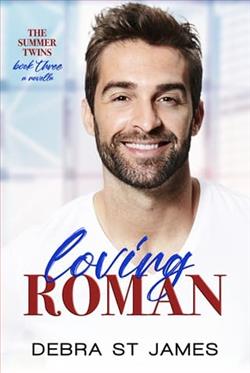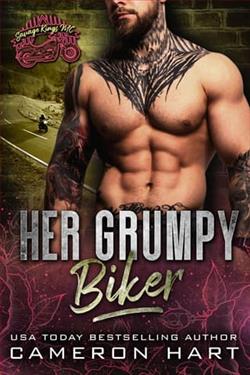Page 61 of Everything She Feared
“Answer to what? She fell, end of story.” Benton swore under his breath and turned away.
Pierce looked to the section with grassy patches and underbrush that bordered the forest, several yards away. The scattering of stones there was barely visible, but you could see it if you looked.
That’s why she’d wanted to return.
Something about the stones nagged at her.
She went to them and lowered herself. She counted seven coconut-sized stones, each rounded, smooth and spread in a loose circle, remains of a campfire. But not recent, no, years ago. The stones were weathered, with each one blackened on one side.
In studying the photos and the forensic videos of the scene taken the day of Anna Shaw’s death, something about these same seven stones gnawed at her.
And here it is.
Just as it was in the photos and video, among the seven stones: a bowl-like impression in the earth.
A stone is missing.
But the impression was not weathered; it looked recent.
She lifted some of the other stones. Each left a similar cupped impression. Benton joined her, watching in silence, absorbing her work, seeing what she was seeing.
Pierce took photos with her phone, then walked to the cliff and the spot where Anna Shaw fell. Pierce drank in the glorious view of the mountains, the forest and the river. Wind gusted up the cliffside, beckoning her to look down twenty feet to the twisted, speared remnants of the tree branch where—according to Katie—Anna clung in the last moments of her life.
Benton stepped beside Pierce at the cliff.
She turned to him and said, “I think we’re missing something.”
Benton was ignoring her because he was looking at his phone.
She’d had enough.
“Have you got a problem with me, Carl, with my gender, or maybe myheritage?”
He stiffened, clenched his jaw and put his phone away without answering her.
Pierce looked to the mountains, then said: “When I was a kid in school, about eight or so, my teacher, a nun, took me into the bathroom and started running my hands under the water.”
Benton looked at her, a little puzzled.
“‘You missed all this dirt on your knuckles,’ she told me. And I said, ‘No, sister, I didn’t.’ She made the water hot and scrubbed at my knuckles until it hurt. I said: ‘Sister, it’s not dirt, it’s my skin.’ And she said, ‘No, you’re dirty. You’re a dirty little—’ She stopped but we both knew how the sister was going to end her sentence. I pulled my hands away and I told her, ‘It’s not dirt, it’s my skin. It’s me. It’s who I am.’”
Pierce turned to Benton.
“I’m telling you this, Carl, because this is who I am. And I’m proud of who I am. The nun was not going to scrub me away and neither are you.”
Benton nodded slowly. “Yeah, well, I don’t care.”
“Excuse me?”
“No, it’s not—” he scrambled. “I know what you’re doing,” he said. “And I think what that nun did to you was unforgivable.”
“Really? Is that what you think? Is that why you clammed up that day when I heard you talking about my heritage?”
“This is messed up.” Benton shook his head.
“It’s messed up?”
“We were talking about that John Wayne Western with Natalie Wood, when she was just a kid.”















